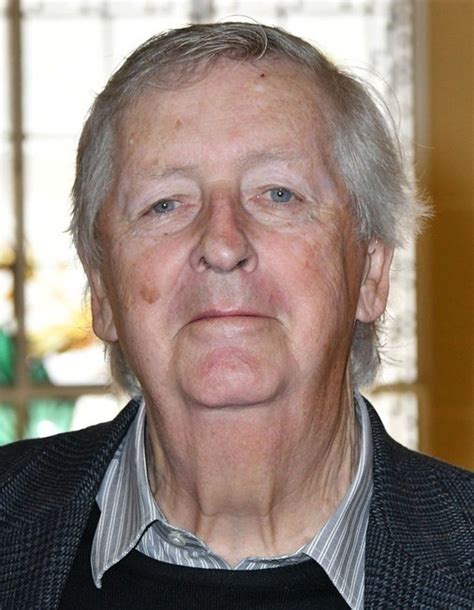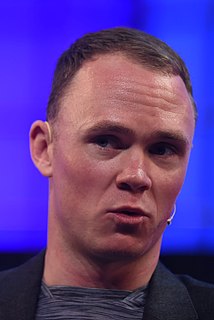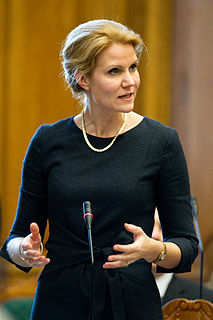A Quote by Robert J. Sawyer
Science fiction has always been a means for political comment. H.G. Wells' 'The War of the Worlds' wasn't about a Martian invasion - it was a critique of British colonialism, and... 'The Time Machine' is really an indictment of the British class system.
Related Quotes
My first encounter with science fiction was reading the work of H.G. Wells when I was nine or ten, and I don't believe 'The War of the Worlds' or 'The Time Machine' have ever been bettered. Plus, I have always had a liking for Victorian and Edwardian clothes and contraptions, which tends to color the worlds I dream up.
The British are proud of their ability to create a muddle and then muddle through all difficulties. I must shake the British pride: muddle is not an exclusively British institution. Read descriptions, for instance, of the over-organized, wonderfully systematic and "thorough" German war machine during the last war.
As Dutch, British and French explorers literally put this Great Southern Land on the map it would be ridiculous to say that modern day Australia is anything other than a grand - and successful - outpost of
Euro-colonialism and, more specifically Anglo-Celt British colonialism. It's a fact of life like the Euro-colonization of the Americas etc. If it was an outpost of, let's say, Iranian or Zimbabwean colonialism would so many people still be so desperately trying to get into Australia by any means necessary, legal or otherwise? It's doubtful. Thank the Gods for Euro-colonialism!
I grew up in a very British family who had been transplanted to Canada, and my grandmother's house was filled with English books. I was a very early reader, so I was really brought up being surrounded with piles of British books and British newspapers, British magazines. I developed a really great love of England.
By all means, let's have free trade and no trade barriers and a common market. But where did it all suddenly become about our own economic and political destiny being surrendered to Brussels with agendas that arguably have very little to do with the interests of the British people and British voters?
I think I've actually benefited from Australia being a kind of combination of both British and American culture. We kind of got the best of both British and American television and books, science fiction and fantasy, and so on. So I'm familiar with a lot of, for example, American books and television that a British author of my generation might not be.





































